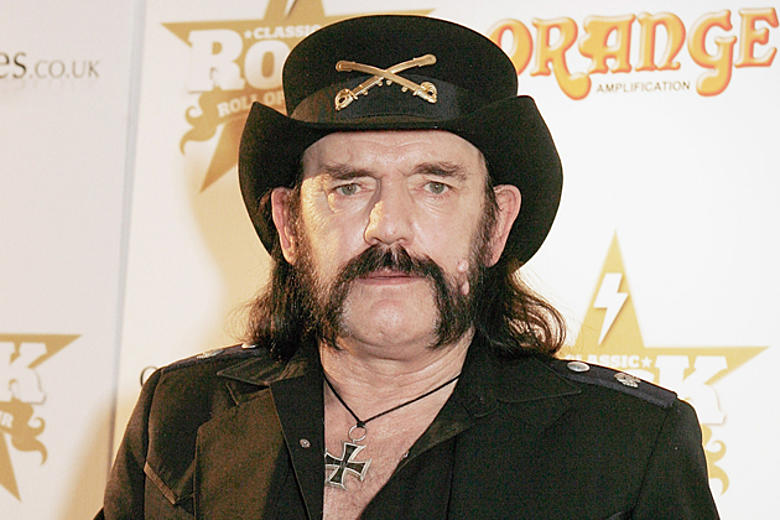BREAKING: Metallica frontman James Hetfield Pa…read more.
Metallica frontman James Hetfield has reflected on one of the band’s most debated albums, St. Anger, describing it as a project that left him with lasting regret. In a recent interview revisiting Metallica’s decades-long career, Hetfield spoke openly about the struggles surrounding the album’s creation and why he believes the group “clearly needed guidance” at that time.
Released in June 2003, St. Anger marked a major turning point for the legendary heavy metal band. Coming after years of internal tension, lineup changes, and personal challenges, the album was both a product of its time and a reflection of the band’s uncertain direction. The record’s raw, unpolished sound stood in stark contrast to the group’s earlier, more refined works like Master of Puppets or The Black Album.
Hetfield explained that the band entered the studio without a clear plan. “We were lost,” he said. “We were going through so many personal issues and trying to hold the band together. It was clear that we needed guidance someone to help us find focus.”
During the recording process, Metallica was dealing with significant upheaval. Longtime bassist Jason Newsted had just left the group, and Hetfield himself entered rehabilitation for alcohol addiction midway through production. Meanwhile, drummer Lars Ulrich was under intense public criticism due to the band’s legal dispute with Napster, which made headlines around the world.
These pressures contributed to an atmosphere of uncertainty and frustration that deeply influenced St. Anger. The album’s sound featuring distorted drums, heavy riffs, and a complete absence of guitar solos divided listeners. While some praised its honesty and emotional intensity, others felt it lacked the precision and craftsmanship that defined Metallica’s earlier music.
In the years since, Hetfield has remained honest about his mixed feelings toward the album. “It’s not something I listen to often,” he admitted. “But I can’t deny that it came from a very real place. We were angry, confused, and trying to heal.”
Despite its controversy, St. Anger debuted at number one in several countries and even earned the band a Grammy Award for Best Metal Performance for the title track. The accompanying documentary, Some Kind of Monster, later revealed the personal and creative struggles that defined that period, offering fans an unfiltered look at a band on the brink of collapse.
Reflecting on that time, Hetfield now views the experience as a necessary step in Metallica’s growth. “It was a hard lesson, but it made us stronger,” he said. “We learned how to communicate, how to trust each other again, and how to make music that feels true.”
More than 20 years later, St. Anger remains one of the most discussed albums in Metallica’s history not because of its perfection, but because of what it represents: a raw, unguarded look at one of rock’s most iconic bands during one of its most difficult chapters.



